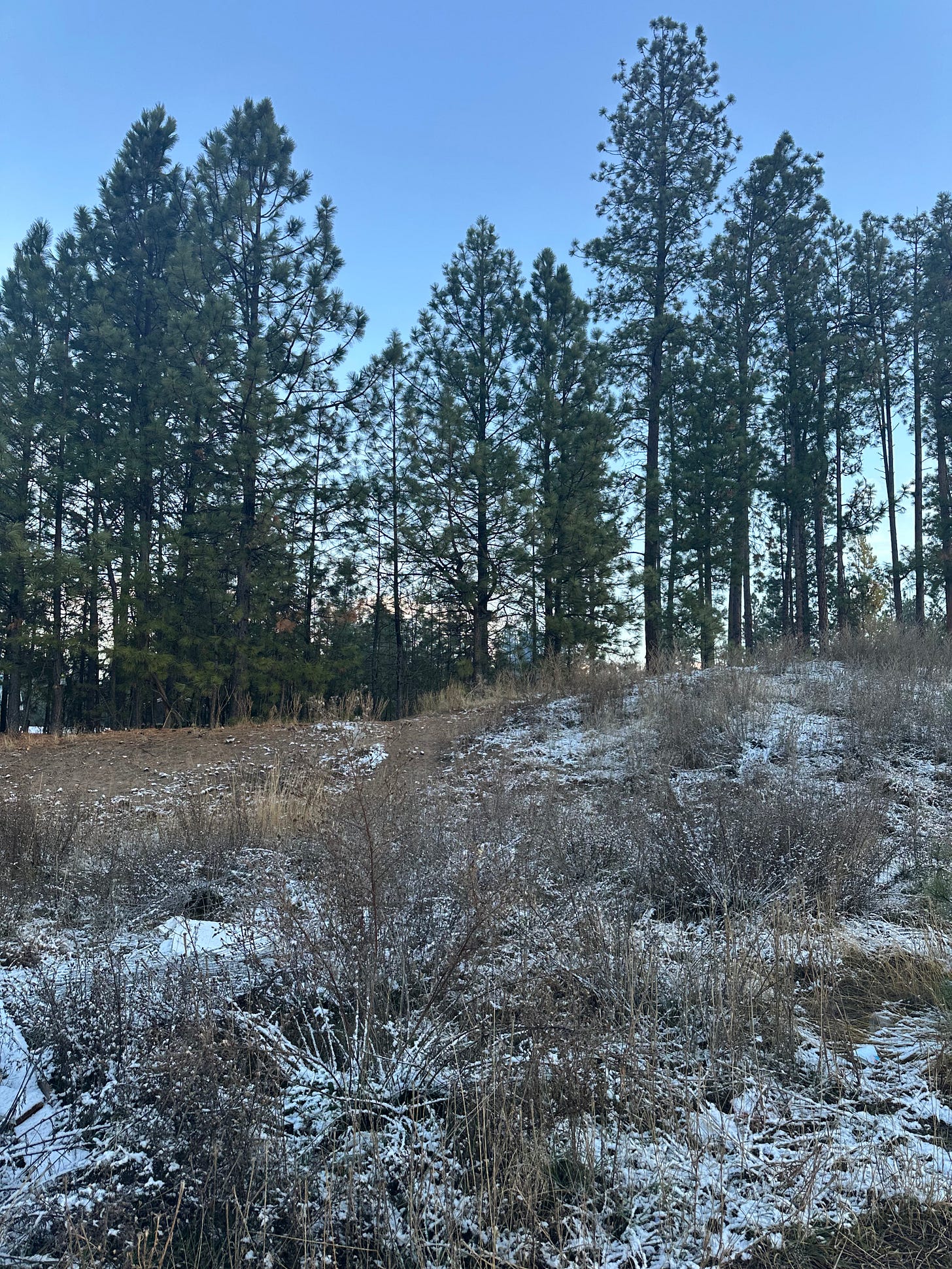Being a chaplain today was an interesting experience. My body remembered how it felt working in campus ministry eight years ago. That night, I was teaching a class on pastoral ministry to graduating seniors about pursuing ministerial credentials and joining pastoral teams in various places in the U.S. It was an evening class that ran from 6:00 PM to 10:00 PM with a few breaks for the mental load. I recall each of those breaks walking over to the “TV Room” on campus as I witnessed students, some of whom had just voted in their first election, watching the television and awaiting the outcome. The tension was thick as Obama was wrapping up his terms.
While I don’t recall the lecture that night, I can still hear the voice of a student the next day who said they felt like they were walking on eggshells around campus. We were a uniquely populated campus and strove to create a space of belonging for all students. That year ended up being one of the most challenging years I had professionally, and it sparked one of the early narratives I began to describe regarding the need for human dignity in pastoral ministry. In my defense, it may not have been responsible to hire a seminary grad into a low-paying job to teach undergraduates how to be pastors.
While I don’t recall the lecture, I remember the feeling. Our bodies are good at reminding us of those feelings when we experience them again. I do recall the content of a lecture I would give, if it were that evening or not, who knows, about “pastoral bedside manner” or the ways that pastors can offer pastoral care and support to congregants in a way that is kind. Today I would use different terms like compassion, empathy, and non-imposing.
Today, I had colleagues confide in me about how they quietly celebrated the outcome, knowing that others were grieving. I had conversations with caregivers experiencing distress and shared dreams about moving to other states where their families would be more likely to receive gender-affirming medical care.
I looked at social media and was met with both sorrow and celebration - these two ends of a spectrum with plenty of stops for feelings along the way. I began to wonder what dignity means here: how do we cherish autonomy, offer kindness and respect, and pursue love for our neighbor and ourselves? I read of parents texting their queer kids about how they are glad they may have to pay less taxes. I read statements of superiority (which is only one step higher than physical violence on some scales of tolerance) that disregarded neighbors, friends, and family.
Do we love our neighbors when songs of celebration make us deaf to the tears of grief? Do we love our neighbors when rejoicing turns into mockery and dismissive sentiments?
I imagine you may be familiar with the Bantu African principle of Ubuntu of interconnectedness, which says, “I am because we are.” Who are we when our neighbor, child, patient, or parishioner is struck with grief?
It is easy to say of loved ones. I have been at the bedside of vehicle traumas where the height of fear and concern caused a spouse to say, “I would die if you had died.” I hear them say, “What happens to you, happens to me.”
This principle of interconnectedness is not just from the wisdom of the tribal elders but also found in the words of Scripture - we love our neighbor as we love ourselves. We offer our demonstration of how we love God by the way we love others. We cannot claim to love God or have acted in our own best interest if we have intentionally harmed another.
Dignity, as you have read here, is comprised of a few parts. It is an inherent quality of connectedness, rooted in the common shared image of God and comprised of agency (choice), respect, and love. Dignity is violated when we limit the choice of another, disrespect, demean, or otherwise devalue an imager of God, and most certainly when we act in ways contrary to love.
I know some reading this are celebrating their candidate and positions. I know others reading here are faced with grief. In either case, eat something good for your body and soul, move in a way that your body can, drink some water, and touch your skin to the earth.


